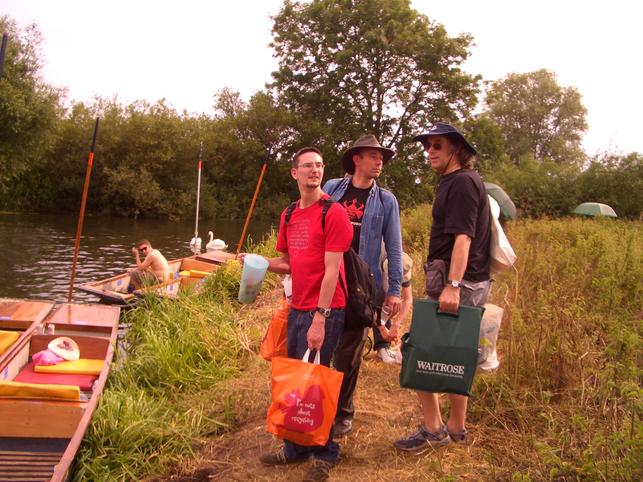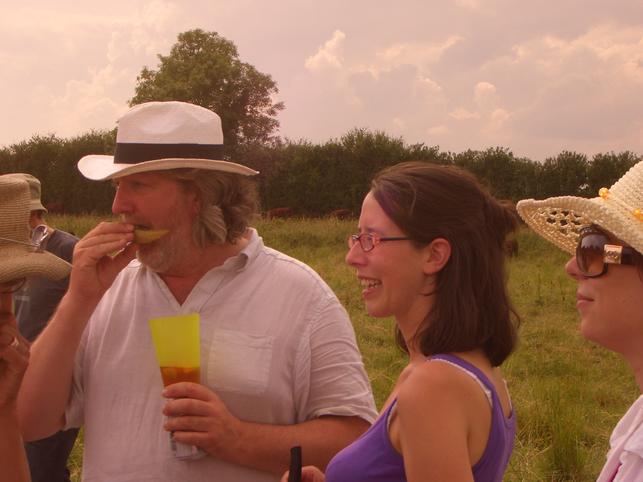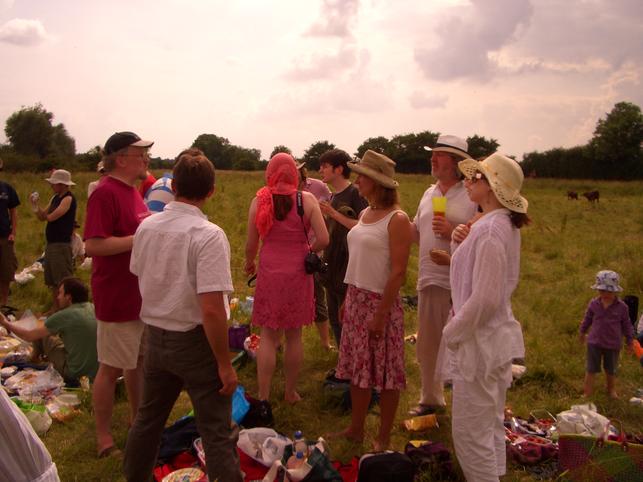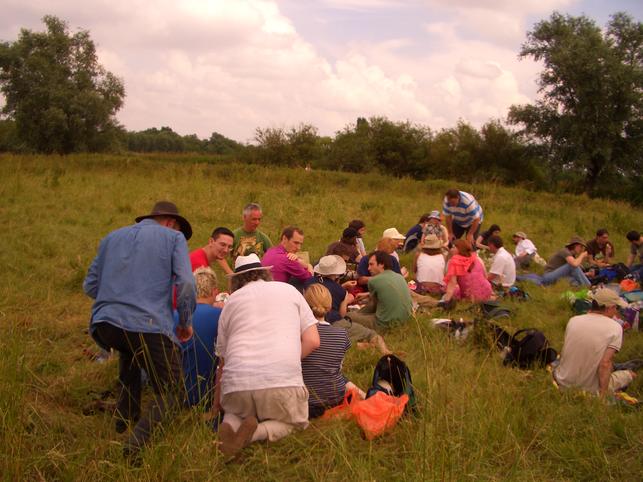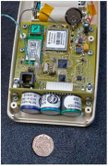The Open Knowledge Foundation has just launched the alpha version of “Is It Open?” a service designed to help clarify whether scientific data (normally on publishers’ websites but could be anywhere) is truly Open according to the ideas of the OKF and Science Commons. This service allows anyone to ask a formal question about the status of Data Openness and make the process public. This will avoid much wasted effort in repeated questioning and hopefully also promote the value of Open Data.
I have posted a question to Bryan Vickery at Chemistry Central – a BMC Journal. I’m confident his answer will be yes, but it will serve as a test of the service and give us useful feedback. Assuming the process works we will be looking for volunteers who will mail other publishers. In this way we can crowdsource the process of getting the formal position of journals and publishers (the two do not always map).
Here’s the request, and I’ll publish a response when I get it.
Enquiry: dc8b764b-7cb3-47af-ab91-e14fcbeed61c
Summary: Please can you confirm that Data in Chemistry Central are fully Open
Status: Unresolved
Started: 2009-07-11T01:12:47.299048
ID: dc8b764b-7cb3-47af-ab91-e14fcbeed61c
To: bryan.vickery@chemistrycentral.com
Subject: Please can you confirm that Data in Chemistry Central are fully Open
Date: 2009-07-11 01:12:46.490647
Status: Not Yet Sent
Dear Brian,
I am writing to ask you about the Openness of data in Chemistry Central. I know that the journal is Open Access and I would like you to confirm that the data published in it are fully Open. I am using an exciting new tool (Is It Open? – http://isitopen.ckan.net/ – developed by the Open Knowledge Foundation) to ask you this question. You are the first to be asked 🙂
The Open Knowledge Foundation and Science Commons have developed instruments for ensuring that Data can be marked as Open. By this we mean that Data (as distinct from text) can be re-published, re-used, data- and text-mined and used in similar processes without explicit permission and for whatever purpose [subject only to the need to acknowledge authorship and provenance]. While we are confident that your Open Access statement implies both the motivation and practice of this, we’d be grateful for confirmation.
A major reason for asking this from you is that many publishers do not make it clear whether their data is Open. If you can give us this assurance you will act as an example to which we can point others. We are, in fact, hoping to generate a larger number of similar enquiries to other publishers.
The Open Knowledge Foundation has created web buttons (see http://www.opendefinition.org/buttons) which can be used to indicate that Data is Open. A growing number of sites use these as they are a simple and effective way of indicating immediately to humans and robots that the data are Open. I would be delighted if you could think about including such as button on you site, particularly where data-rich documents might occur.
Our enquiry service is at an early stage and we’d welcome feedback – how could we improve it. Were we clear enough?
Many thanks in anticipation of your collaboration.
Peter Murray-Rust
[1] http://www.opendefinition.org/1.0/
[2] http://www.opendefinition.org/licenses/
— Sent by “Is It Open?” (http://isitopen.ckan.net/about) A service which helps scholars (and others) to request information about the status and licensing of information.
